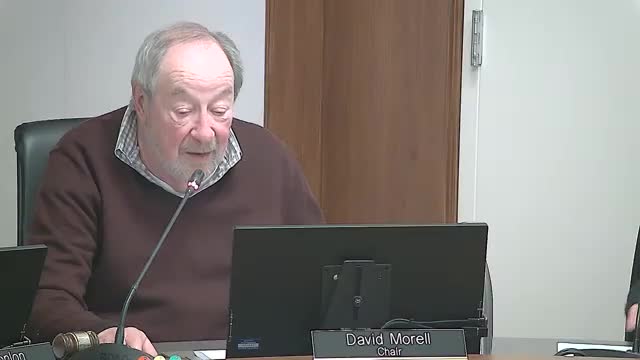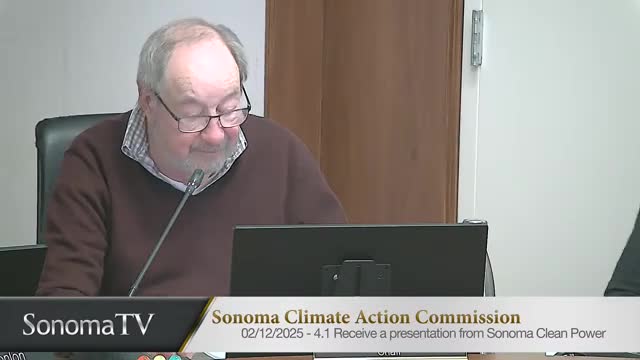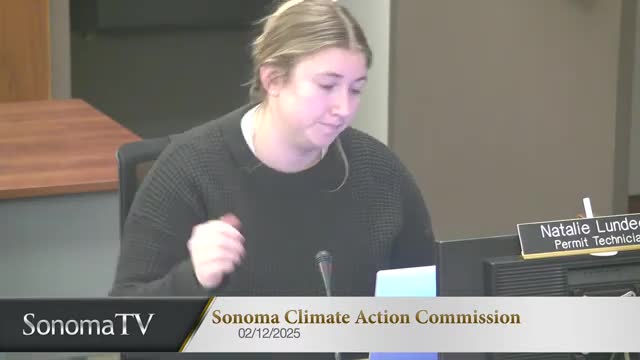Article not found
This article is no longer available. But don't worry—we've gathered other articles that discuss the same topic.

Climate Action Commission hears ad hoc reports on education, grants, trees, transportation and buildings

Sonoma Clean Power outlines Evergreen 100% renewable option and local geothermal plans; City of Sonoma pays about $13,000 annual premium

